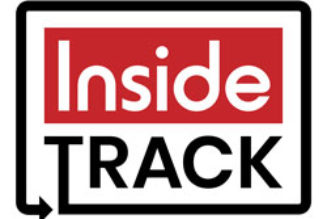News
Relief for farmers, small businesses after exemption from eTims invoices
Thursday January 11 2024

Hakamba Wangwe, KRA chief manager for eTims. FILE PHOTO | DENNIS ONSONGO | NMG
The Kenya Revenue Authority (KRA) has excluded farmers and small businesses from the requirement to produce electronic invoices for their sales, offering them relief.
The new regulations for the rollout of electronic tax invoice management (eTims) have capped the threshold of producing an electronic invoice at Sh5 million, which means most of the micro, small and medium enterprises (MSMEs) businesses will be spared.
Supplies by businesses with an annual turnover of less than Sh5 million are among the nine transactions that have been exempted from the electronic tax invoice in the Tax Procedures (Electronic Tax Invoice) Regulations, 2023.
“The following transactions shall be excluded from the requirement of an electronic tax invoice…supplies by a resident person whose annual turnover is less than five million shillings,” reads the regulations.
Other transactions are emoluments, imports, interest, and airline passenger ticketing.
Others are investment allowances including internal accounting adjustments, fees charged by financial institutions, and services provided by a foreigner without a permanent establishment in Kenya.
Monitor stocks
However, the KRA told the Business Daily in an earlier interview that it had come up with a new system that would help the taxman monitor the stock changes for small businesses, especially farmers who supply to co-operative societies.
Read: KRA builds new system for SMEs after e-Tims uproar
In the new system whose rollout is yet to be approved, rather than generating and transmitting electronic invoices through eTims, small businesses will only show transactions.
Beginning this month, all businesses are required to produce an electronic tax invoice for all the transactions they undertake, failure to which they cannot claim the expense when filing for Income Tax.
In its new medium-term plan for raising revenue, the National Treasury also plans to introduce a withholding tax of five percent on farm produce sold to cooperative societies and agro-processors, in a bid to expand the tax base.
A lot of small businesses, with a turnover of less than Sh5 million annually, or monthly sales of Sh416,000, are in the agricultural sector, which the government reckons has not been paid its fair share of taxes despite its high contribution to the economy.









